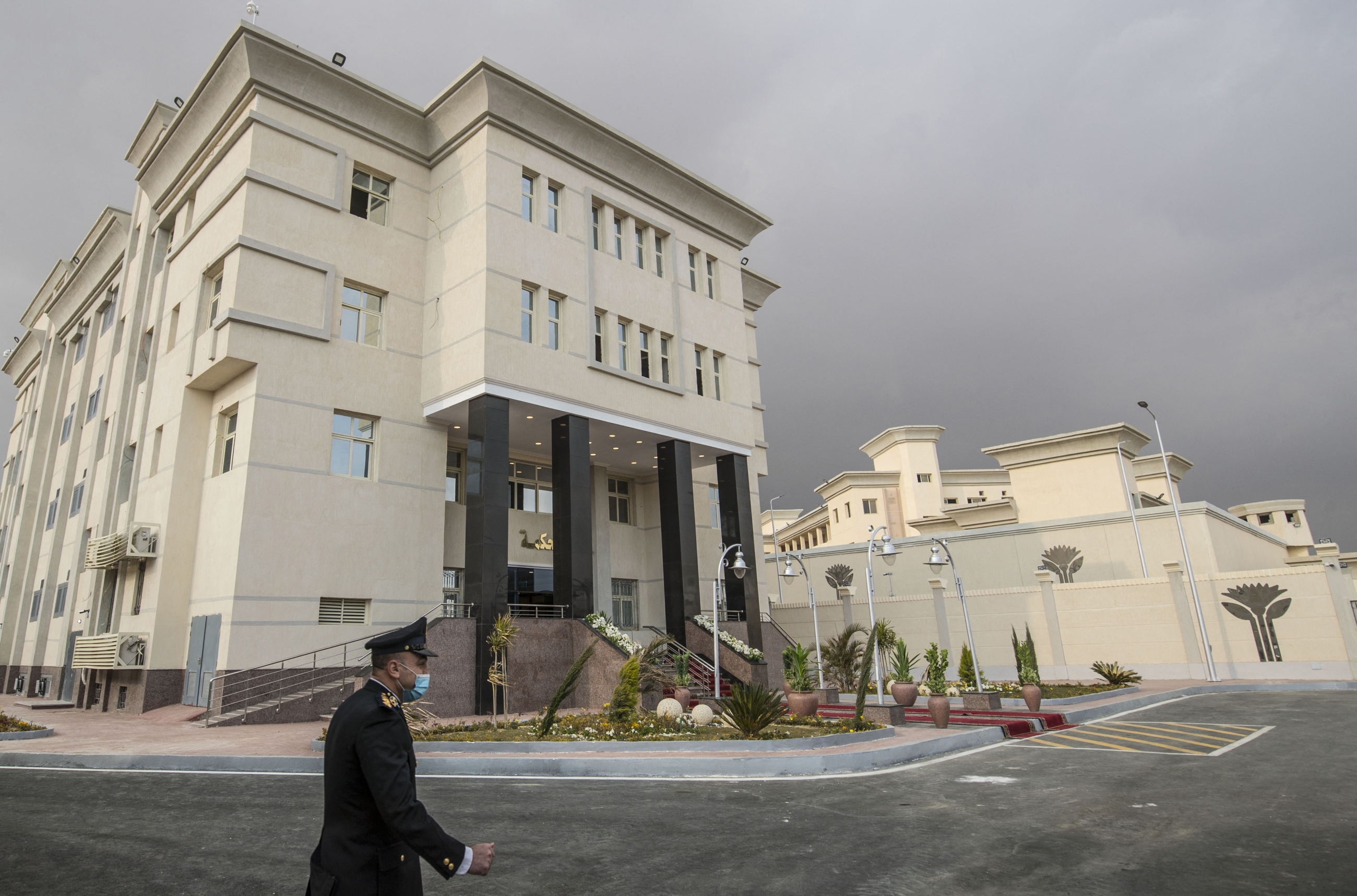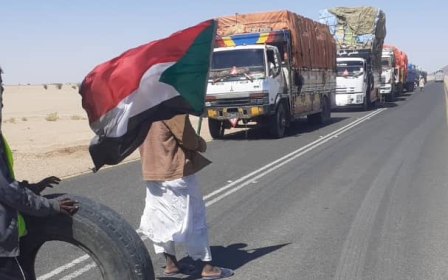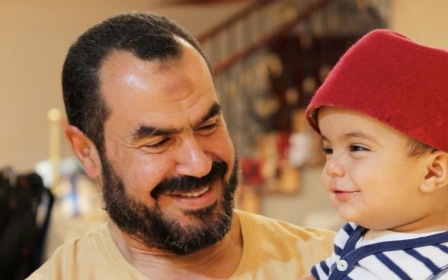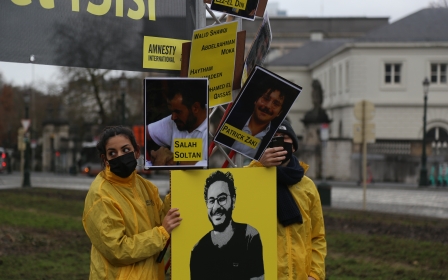Arabic press review: Businessman is fourth to die in Egyptian prisons in 2022

Fourth death in Egyptian prisons in 2022
Egyptian lawyer Ahmed Helmy has revealed how a family was shocked to discover that their imprisoned relative had been dead for more than a week after Egyptian prison authorities failed to notify them.
The Egyptian Network for Human Rights (ENHR) posted on its official Facebook saying: "A new death occurred in prison: Tamer Fikri Gamal El-Din (50 years), a merchant and a mosque preacher...in the Kirdasah town in Giza Governorate. He was serving a ten-year imprisonment sentence in case No. 11 of 2017."
The EHNR said it was "deplorable" that El-Din's family had not been notified of his death for more than a week after he died, and that they had only discovered his passing during a regular visit to see him in prison.
"It is unfortunate and painful that he died over a week ago and was transferred to hospital by the prison administration without notifying his family of his death, and it let them visit him at the time of the regular visit...then they were surprised by the news of his death," the organisation said.
New MEE newsletter: Jerusalem Dispatch
Sign up to get the latest insights and analysis on Israel-Palestine, alongside Turkey Unpacked and other MEE newsletters
El-Din's death is the fourth in less than two months, according to independent human rights organisations, which accuse the Egyptian authorities of engaging in deliberate medical neglect of prisoners.
In 2021, 60 detainees died inside Egyptian prisons, according to the human rights organisation We Record, which said that the 60 detainees include 52 political prisoners, while the other eight were accused of criminal charges.
Norway call to stop demolitions in Jerusalem
Norway has reaffirmed demands for Israel to halt evacuations of Palestinian residents and the demolition of their homes in Israeli-occupied Jerusalem, in exclusive comments to Arabi 21.
Foreign ministry spokeswoman Guri Solberg said that Oslo is closely following "worry developments" in Jerusalem and fears that "the tensions in Sheikh Jarrah may erupt a new wave of violence".
Solberg affirmed in exclusive comments to the Arabi 21 website that Norway had "called on the Israeli government to stop the evacuation and demolition of homes" in Jerusalem.
She clarified that “Oslo considers the Israeli settlements in the occupied territories, including the eastern part of the occupied city of Jerusalem, illegal”.
"The Norwegian government supports local initiatives of civil society organisations that work to protect the rights of Palestinian residents, and provide legal assistance to challenge demolition orders issued by the municipality.
"It also supports the organisations that protect the Palestinians’ right to express themselves freely in the media with regard to the situation there.”
Cancer patients left to die in Lebanon
Cancer patients in Lebanon are struggling due to the lack of medicines with many of them dying in their homes due to the inability to receive treatment in hospital, according to a report published by the Saudi newspaper, Asharq Al-Awsat.
Hani Nassar, head of an association specialising in supporting cancer patients, confirmed that there were 30,000 cancer patients annually in Lebanon, and 18,000 new cases every year.
'Some hospitals started extorting patients after their bills [increased], the matter that forces hundreds to stay in their homes waiting for death'
- Hani Nassar, Lebanese cancer support
However, he says that the crisis is no longer in numbers or in the high rates of the disease, but rather the "inability to secure medicine and treatment for patients, which leads to the death of a large number of them in their homes”.
"There is a shortage of medicine, it is unavailable for all patients. Many of them receive treatment for a period of a month, then they cannot secure it for two subsequent months, which affects the process of their recovery, and leads to the death of some of them.
"Moreover, even if some others obtain their medicines, they are unable to cover the costs of hospitals. Some hospitals started extorting patients after their bills [increased], the matter that forces hundreds to stay in their homes waiting for death,” said Nassar, according to the newspaper.
"Some medicines are unavailable for months, which necessitated us to search for alternative medicines in countries such as India, as we seek to secure communication between the patient and the manufacturers to obtain his medicines at reasonable prices compared to the prices of medicines manufactured in Europe."
Lebanon is witnessing a critical shortage of medicines for cancer and incurable diseases, which were subsidised by the Bank of Lebanon, unlike other medicines that were unsupported in recent months.
The head of Lebanon's parliamentary health committee, Assem Araji, explained that “previously the Central Bank of Lebanon was supporting these medicines with an amount of $115m, [but] the amount is currently limited to $35m, of which $10m goes to support of medical supplies, which is an insufficient amount.”
Middle East Eye delivers independent and unrivalled coverage and analysis of the Middle East, North Africa and beyond. To learn more about republishing this content and the associated fees, please fill out this form. More about MEE can be found here.





